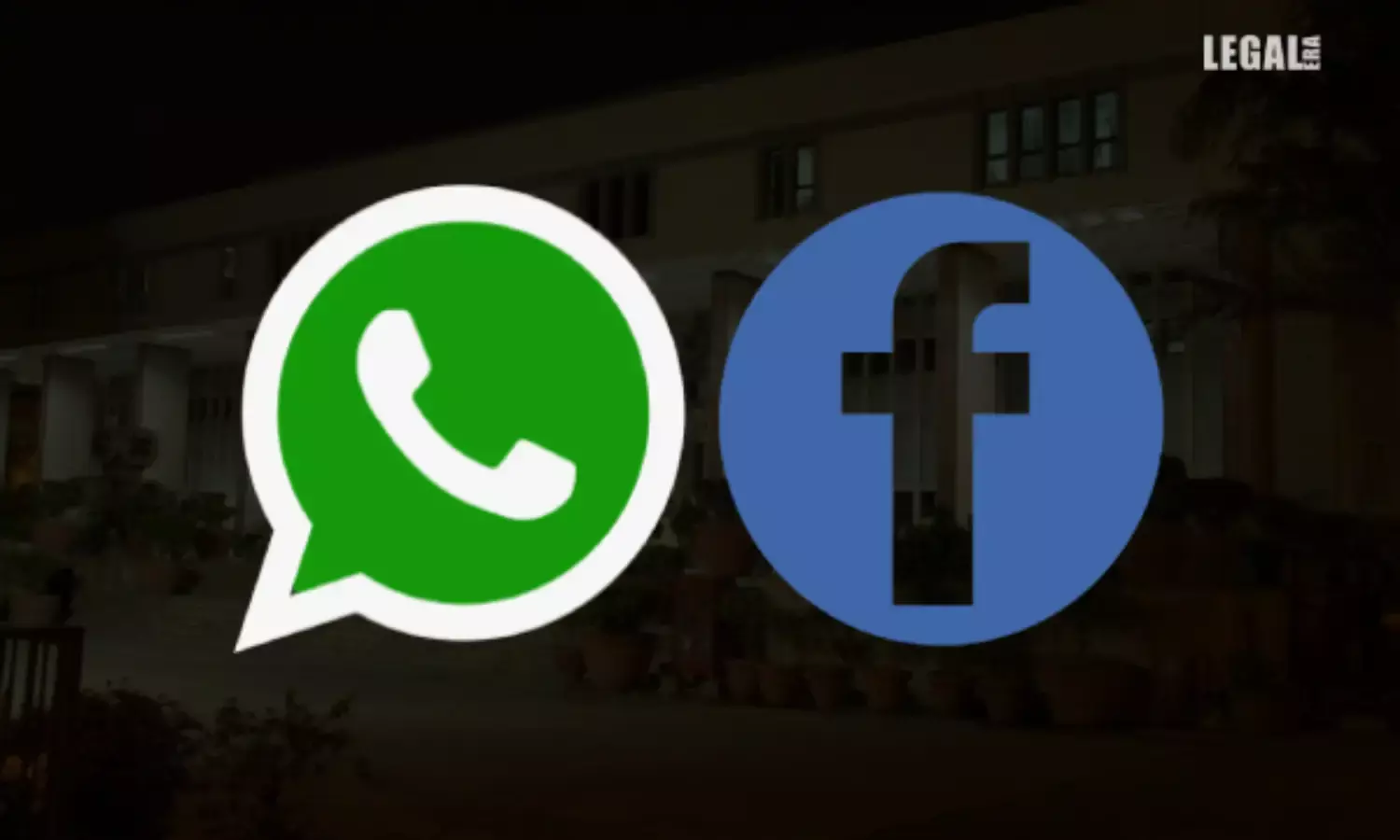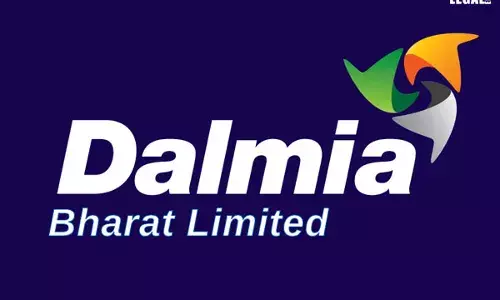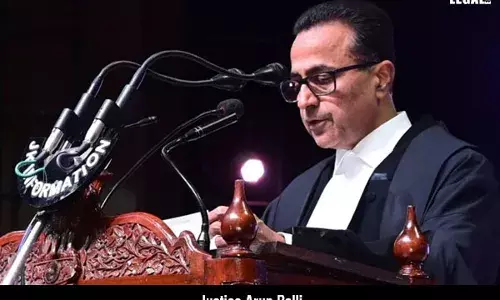Delhi High Court issues notice in petitions filed by WA, FB: Intermediaries required to make provisions for identification of first originator of information
In petitions filed by WhatsApp Inc and its parent company Facebook challenging the Information Technology (Intermediary;

Delhi High Court issues notice in petitions filed by WA, FB: Intermediaries required to make provisions for identification of first originator of information In petitions filed by WhatsApp Inc and its parent company Facebook challenging the Information Technology (Intermediary Guidelines and Digital Media Ethics Code) Rules, 2021, the Delhi High Court issued notice to the extent that it...
Delhi High Court issues notice in petitions filed by WA, FB: Intermediaries required to make provisions for identification of first originator of information
In petitions filed by WhatsApp Inc and its parent company Facebook challenging the Information Technology (Intermediary Guidelines and Digital Media Ethics Code) Rules, 2021, the Delhi High Court issued notice to the extent that it requires intermediaries to make provisions for identification of the first originator of the information (WhatsApp LLC v Union of India)
The bench of Chief Justice DN Patel and Justice Jyoti Singh issued notice. Senior Advocate Mukul Rohatgi, appearing for WhatsApp, urged the court to issue notice in the matter when counsel for the Central government sought adjournment in the matter.
The Court agreed to issue notice, returnable by October 22.
Facebook was represented by Senior Advocate Harish Salve.
Rule 4(2), the rule under challenge states: "A significant social media intermediary providing services primarily in the nature of messaging shall enable the identification of the first originator of the information on its computer resource as may be required by a judicial order passed by a court of competent jurisdiction or an order passed under section 69 by the Competent Authority as per the Information Technology (Procedure and Safeguards for interception, monitoring and decryption of information) Rules, 2009, which shall be supported with a copy of such information in electronic form..."
Such a requirement under the IT Rules, 2021, is unconstitutional and against people's fundamental right to privacy as underlined by the Supreme Court decision in Justice KS Puttaswamy v Union of India, the messaging platform has argued. The provision goes against the concept of end-to-end encryption as it forces private companies to collect and store "who-said-what and who-shared-what" data for billions of messages daily, just for the requirement of law enforcement agencies, it was also submitted.
The fear is that "innocent people could get caught up in investigations, or even go to jail, for sharing content that later becomes problematic in the eyes of a government, even if they did not mean any harm by sharing it in the first place".
The rule on traceability violates the fundamental rights to privacy and freedom of speech and expression guaranteed under Articles 19 and 21 of the Constitution of India and Sections 69A and 79 of the Information Technology Act, 2000, WhatsApp LLC has submitted. No other country compels intermediaries to change their systems to enable identification of the first originator of information on end-to-end encrypted messaging services, the petition also stated.





